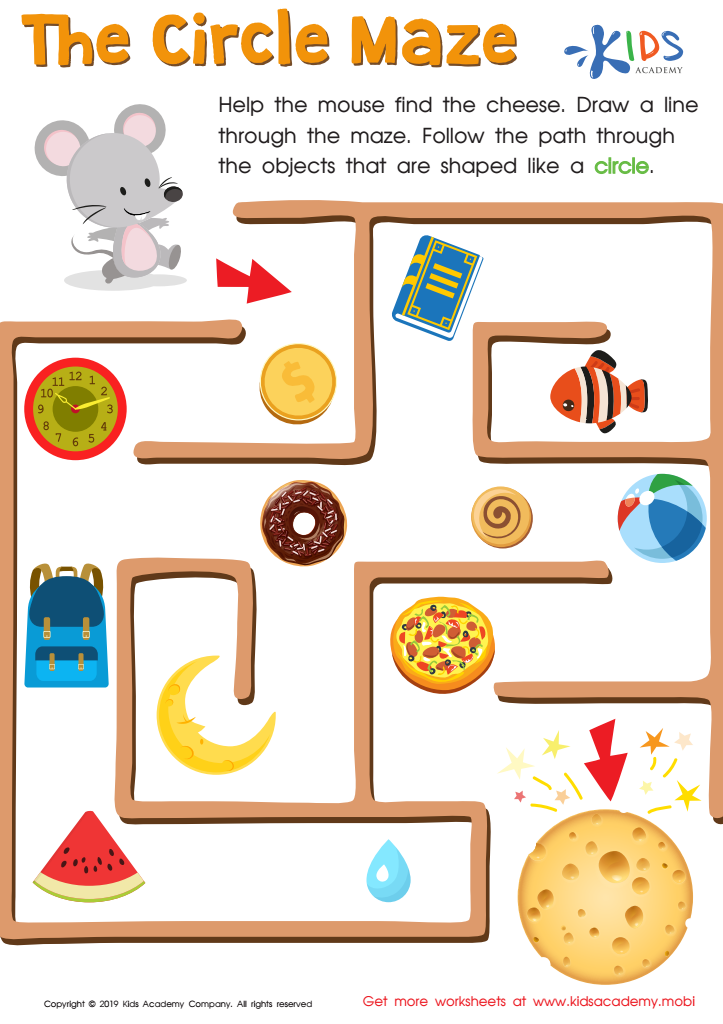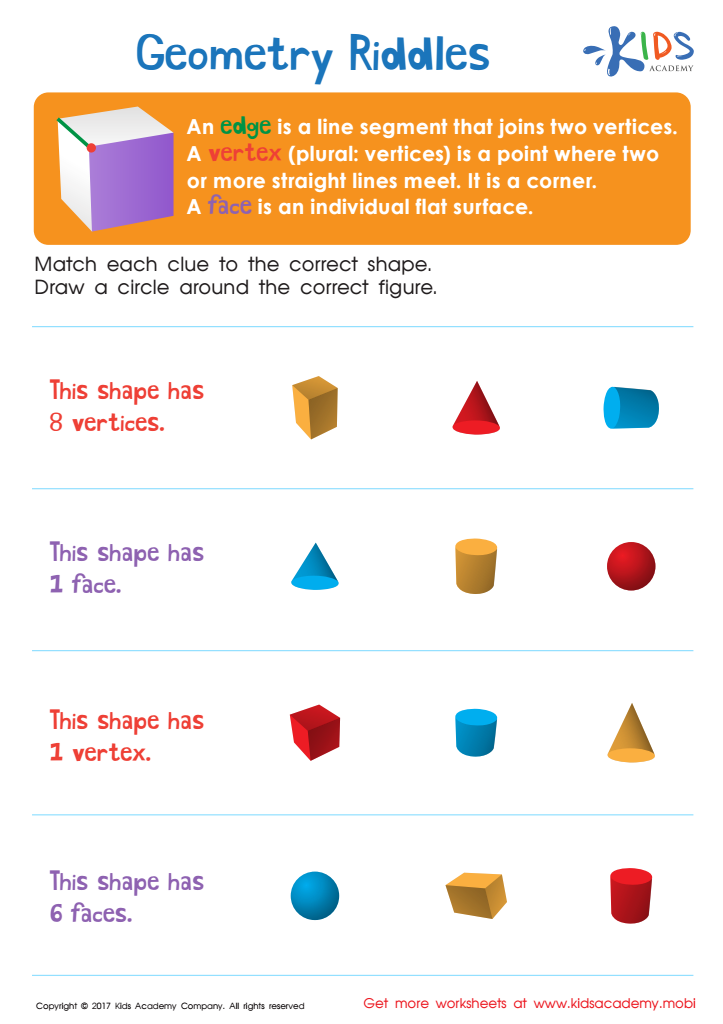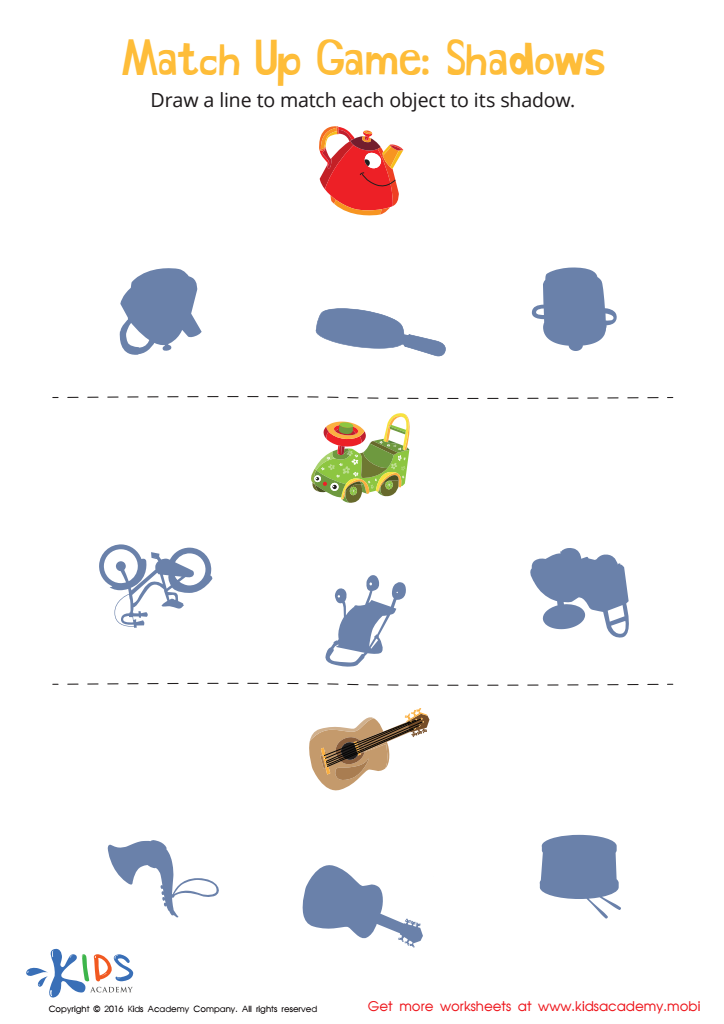Logical Reasoning Extra Challenge Geometry Worksheets for Ages 3-8
3 filtered results
-
From - To
Explore our "Logical Reasoning Extra Challenge Geometry Worksheets for Ages 3-8," designed to foster young minds and enhance critical thinking skills through engaging geometric puzzles and activities. These worksheets introduce foundational concepts in shapes, sizes, and spatial awareness while encouraging children to analyze, compare, and draw conclusions. Perfect for preschool and early grade levels, our extra challenges provide a delightful way to develop logical reasoning alongside geometry recognition. Each worksheet is thoughtfully crafted to inspire curiosity and a love for learning, making math fun for your little ones. Boost confidence and skills with our interactive and visually appealing resources today!


The Circle Maze Worksheet


Geometry Riddles Printable
Parents and teachers should prioritize Logical Reasoning Extra Challenge Geometry for Ages 3-8 because it lays a foundational understanding of critical thinking and problem-solving skills essential for future academic success. At this early developmental stage, children are naturally curious and eager to explore patterns, shapes, and spatial relationships. Engaging them in geometry fosters not only their mathematical skills but also enhances their cognitive development.
Geometry encourages children to visualize, classify, and compare objects, which aids in their overall understanding of the world around them. It also promotes logical reasoning, helping children learn how to make deductions based on given information. These skills are transferable to various disciplines, including science and art, making them valuable across the curriculum.
Moreover, early exposure to challenging concepts prepares young learners for more complex math as they progress through school. By investing time in activities that strengthen logical reasoning and geometry, educators and parents nurture a growth mindset, encouraging children to enjoy challenges and subsequently guiding them towards becoming confident lifelong learners. Overall, fostering spatial awareness through targeted activities not only makes math more accessible but also illuminates pathways to creativity and innovation in their educational journeys.

 Assign to My Students
Assign to My Students


























